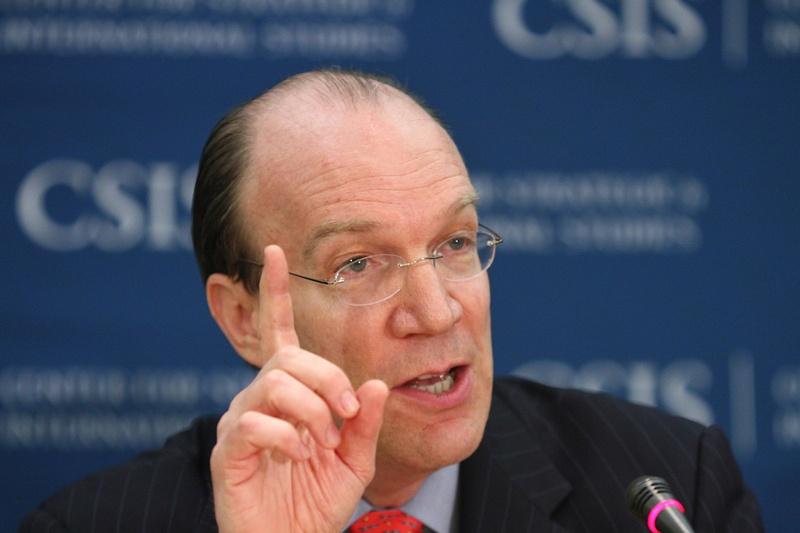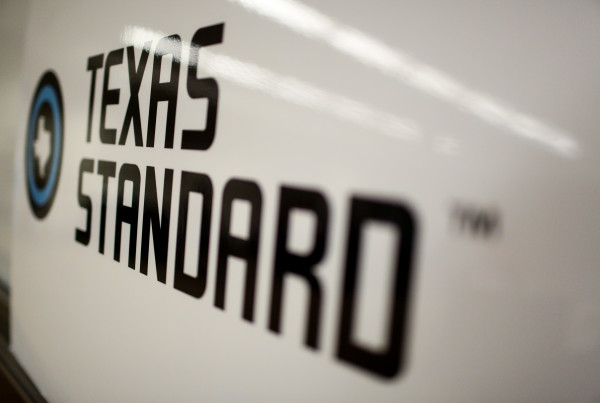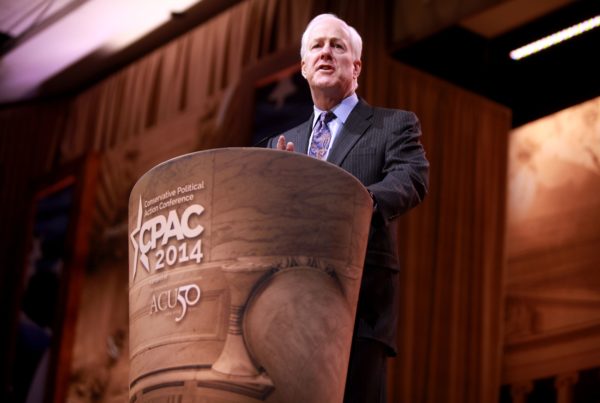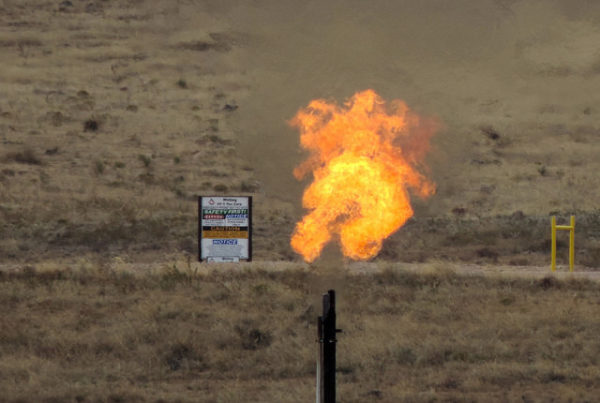The U.S. 9th Circuit Court of Appeals is hearing arguments Monday in Seattle on whether President Donald Trump’s revised travel ban is a form of religious discrimination. The revised order limits travel from six, instead of seven Middle Eastern countries. Iraq is no longer included on the list thanks to the efforts of Stuart W. Bowen Jr., the former inspector general for the Texas Health and Human Services Commission (HHSC).
Bowen resigned from his position last week following questions from Texas Monthly reporter R.G. Ratcliffe about his work on behalf of the Iraqi government.
Before Governor Greg Abbott appointed Bowen to monitor the state’s health and welfare spending in 2015, Bowen was the U.S. inspector general for the reconstruction of Iraq.
Ratcliffe says Bowen was hired in January of this year to work as consultant for Brownstein Hyatt Farber Schreck, a Washington, D.C. law and lobby firm that represents the government of Iraq.
“When [Trump] put the first travel ban in place, the lobby firm sent letters to a variety of Trump administration officials to set up an appointment between the [Iraqi] prime minister’s representative and these Trump administration officials,” Ratcliffe says.
The letters repeatedly referred to Bowen as their new senior advisor on Iraqi issues.
“One of them went so far as to say to Secretary of Defense James Mattis, remember you worked with [Bowen] in Iraq,” Ratcliffe says. “They were using these connections to try and open the door to these senior officials.”
Ratcliffe says Governor Abbott was only made aware of Bowen’s connections to the firm after he filed open records requests with HHSC. Abbott immediately asked Bowen to resign.
Bowen was hired to replace Doug Wilson, the previous HHSC inspector general who was fired over a contracting scandal.
“The question is can they get an inspector general in that’s going to be free of any kind of controversy,” Ratcliffe says.
Written by Molly Smith.

















